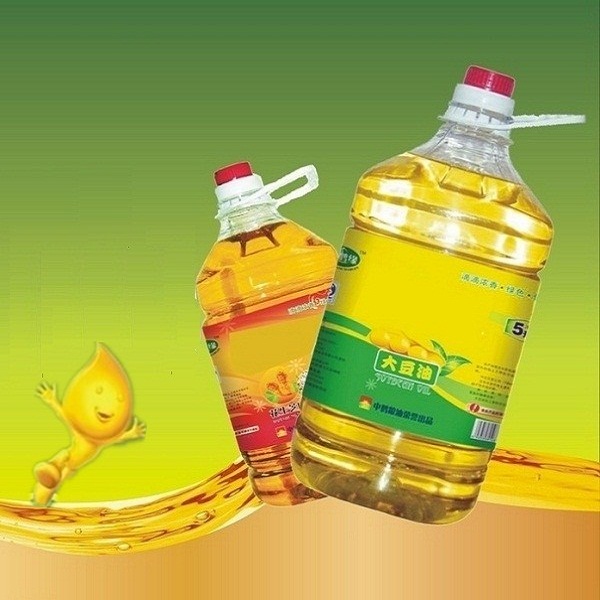Views: 15 Author: Site Editor Publish Time: 2023-03-15 Origin: Site

The oil yield refers to the oil amount extracted from each oil plant (such as rapeseed, soybean, etc.) during oil extraction. The oil yield of oil plants is determined by the following aspects:
1. Raw materials. The quality of raw materials is the key to determine the oil yield (fullness, amount of impurities, variety, moisture, etc.)
2. Equipment. What equipment is selected for what oil materials? This is very critical. Pay attention on the following three points when choosing oil press machines:
a. The working pressure of the machine: the higher the working pressure, the higher the oil rate;
b. The slag content: the lower the slag content, the higher the oil rate;
c. Dry cake residual oil rate: the lower the residual oil rate, the higher the oil yield;
3. Oil extraction process. For different raw materials, different pressing process should be chosen:
a. Climate difference: The area of the raw materials is different, the oil pressing process is also different.
b. Different raw materials have different properties. Take the rapeseed and peanut as example. Rapeseed is an oil crop with medium-viscosity, medium-hard-shell and medium-oil-rate, which produces greater resistance during the pressing process. Peanut is sticky, soft-shell, medium-oil- rate crop, which produces smaller resistance during the pressing process.
Therefore, when pressing rapeseeds, the temperature of oil press machine should be set lower, and the temperature and moisture content of raw rapeseeds should be lower, too. Generally, the temperature of rapeseeds oil press machine should be about 130 centi-degrees, the temperature of raw rapeseeds should be around 130 centi-degrees and the moisture content of raw rapeseeds should be about 1.5-2.5%. The temperature of peanut oil press machine should be set around 140-160 degrees, the temperature of raw peanuts should be between 140-160 centi-degrees, and the moisture content should be about 2.5-3.5%.